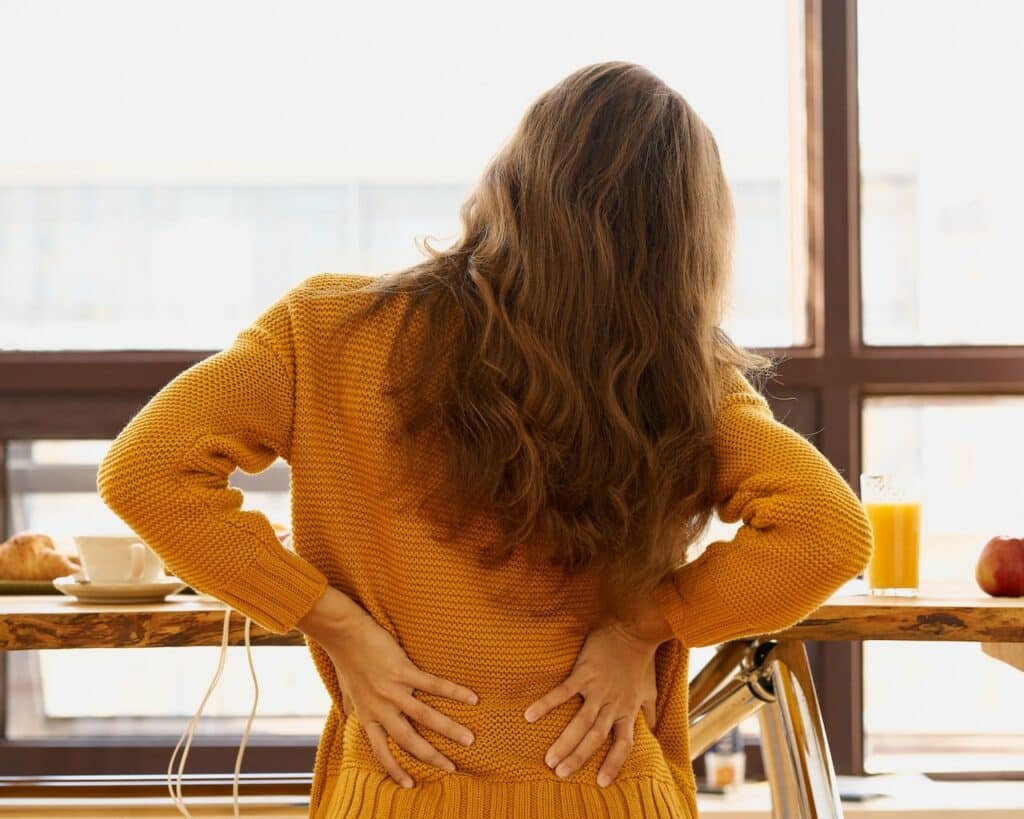Are you experiencing pain while urinating, or sharp pain in your lower abdomen? You could be experiencing kidney stones. However, some kidney stones are very tiny and can move through your urinary tract unnoticed.
There are several factors that can increase your risk of kidney stones, including diet. Contact your health care provider to check whether you have kidney stones.
What Are Kidney Stones
Kidney stones are grain size clumps of mineral and salt deposits formed inside your kidney. There are four main types of stones that can form in your kidney.
- Calcium oxalate stones: the most common type which are formed as a result of inadequate calcium and fluid intake.
- Uric acid stones: common with diets high in purine, a natural chemical compound in foods such as organ meats, and shellfish.
- Struvite stones: form because of a UTI.
- Cystine stones: genetically related, and very rare.
Kidney stones can either move out of the body through the urinary tract or stay in the bladder, kidney or urethra. You will experience symptoms of kidney stones only when they are being passed, or the deposits block urine flow.
How They Are Formed
Also known as renal calculi, kidney stones are formed when waste deposits in the kidneys crystalize and harden. Failure to drink enough fluids to dilute the deposits is the primary cause of kidney stones. Weight loss surgery, exercise (less, or excess) and obesity can also cause kidney stones.
Kidney Stones and CKD
Early diagnosis and treatment for kidney stones is crucial for patients with CKD. Medical care will help manage the progression of CKD which can be accelerated by kidney stones. Be sure that if you have CKD, you seek out nutrition counseling including education about factors that lead to CKD progression.
Getting Help
How are kidney stones diagnosed by a doctor? A doctor can examine you, and review your medical history to determine your likelihood of having kidney stones. If that is not enough, urine and blood tests, and imaging of your kidney and urinary tract can be done for an accurate assessment.
Texas Kidney Institute provides a spectrum of services related to kidney diseases, including nutritional counseling. Treatment for kidney stones involves having them removed from the kidney. You can get rid of small stones naturally through urination, however, bigger stones cause severe pain when they move in the kidney, or along the urinary tract.
Kidney stones can form in both men and women. Dehydration, certain diets, obesity, surgery, family history, and other medical conditions increase your risks of developing kidney stones. Your doctor can help you understand the type of kidney stones you have through tests.
Having kidney stones for an extended period increases your risks for chronic kidney disease. Book an appointment with a doctor today if you have symptoms of kidney stones.

